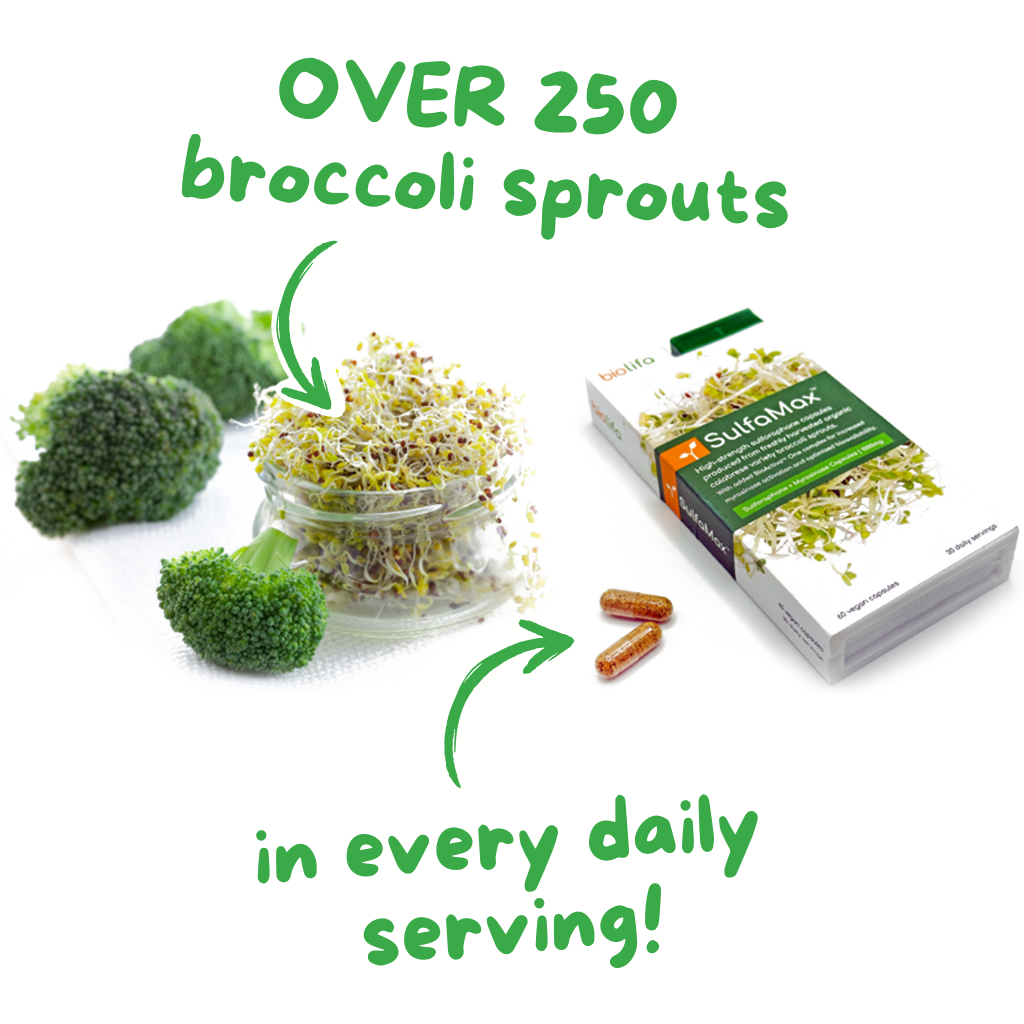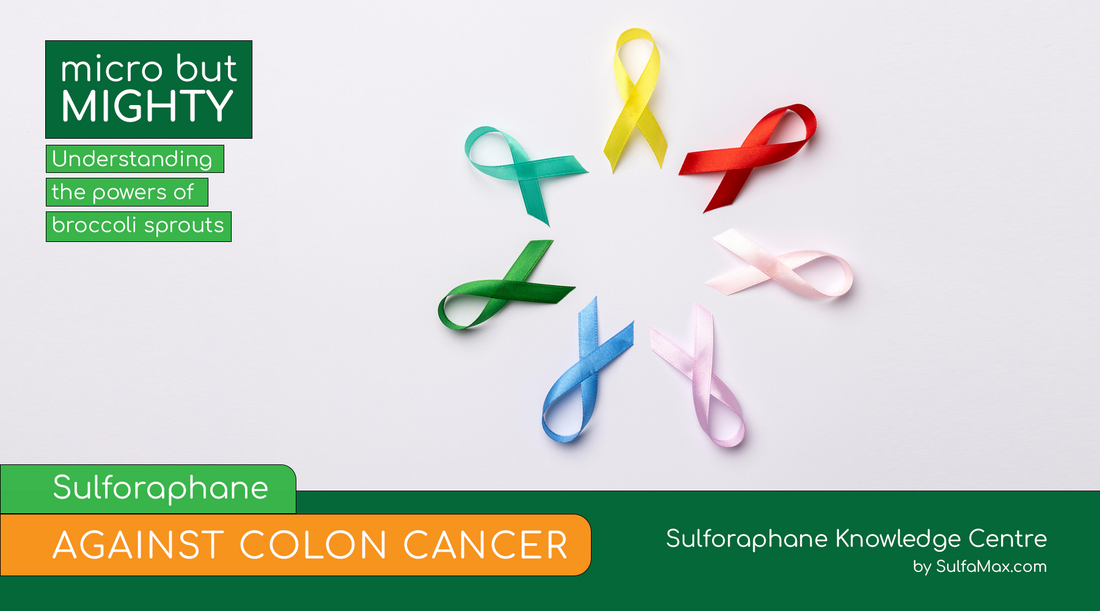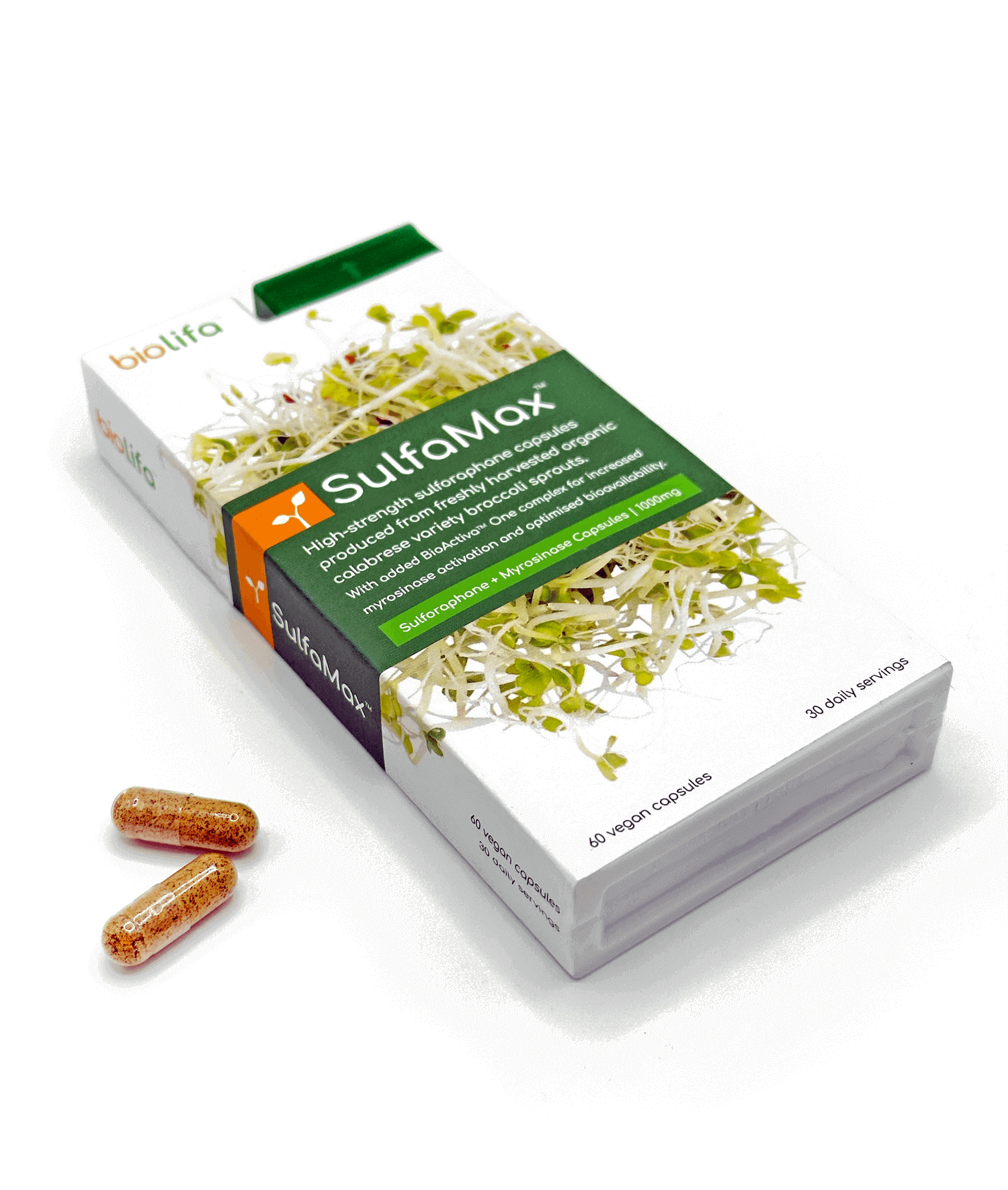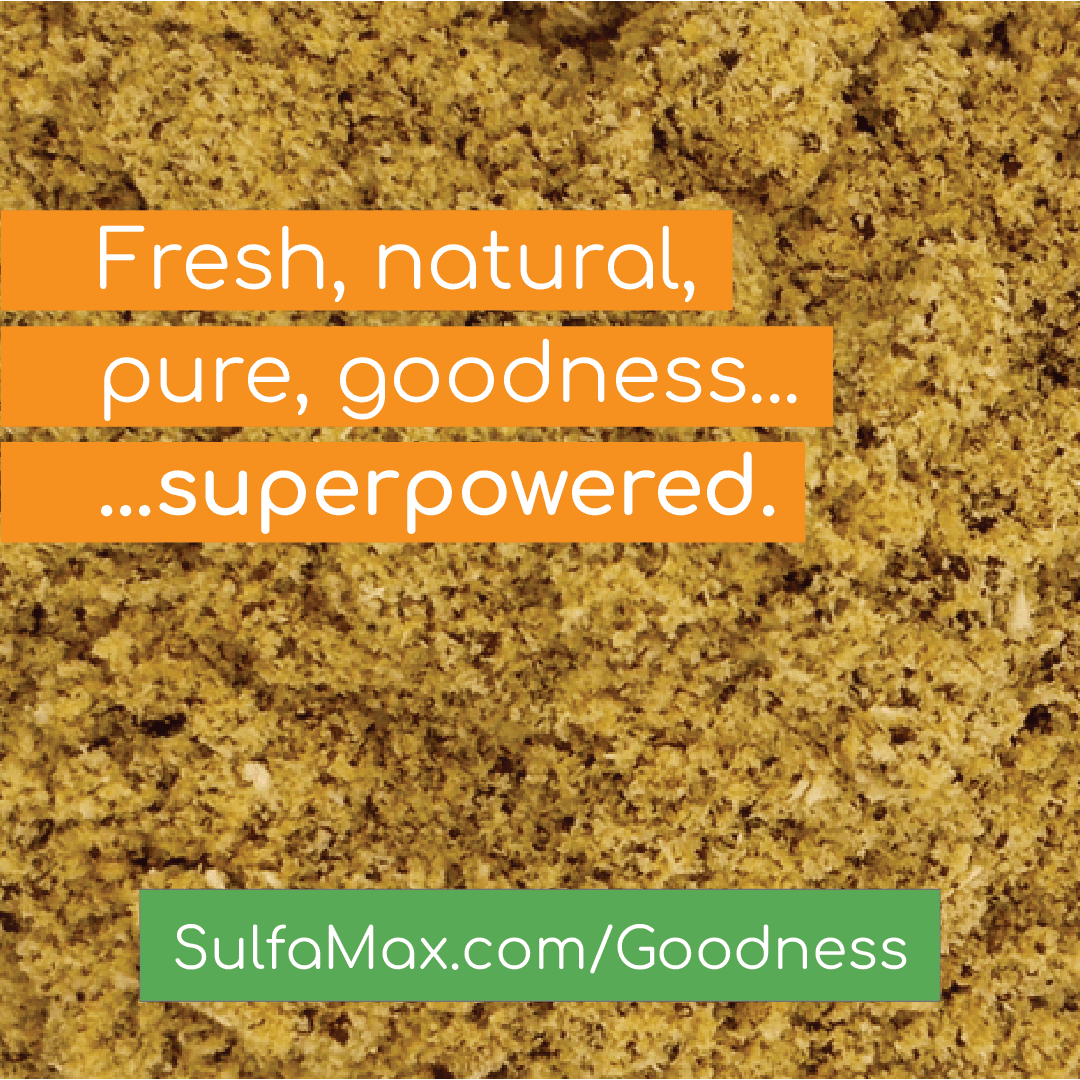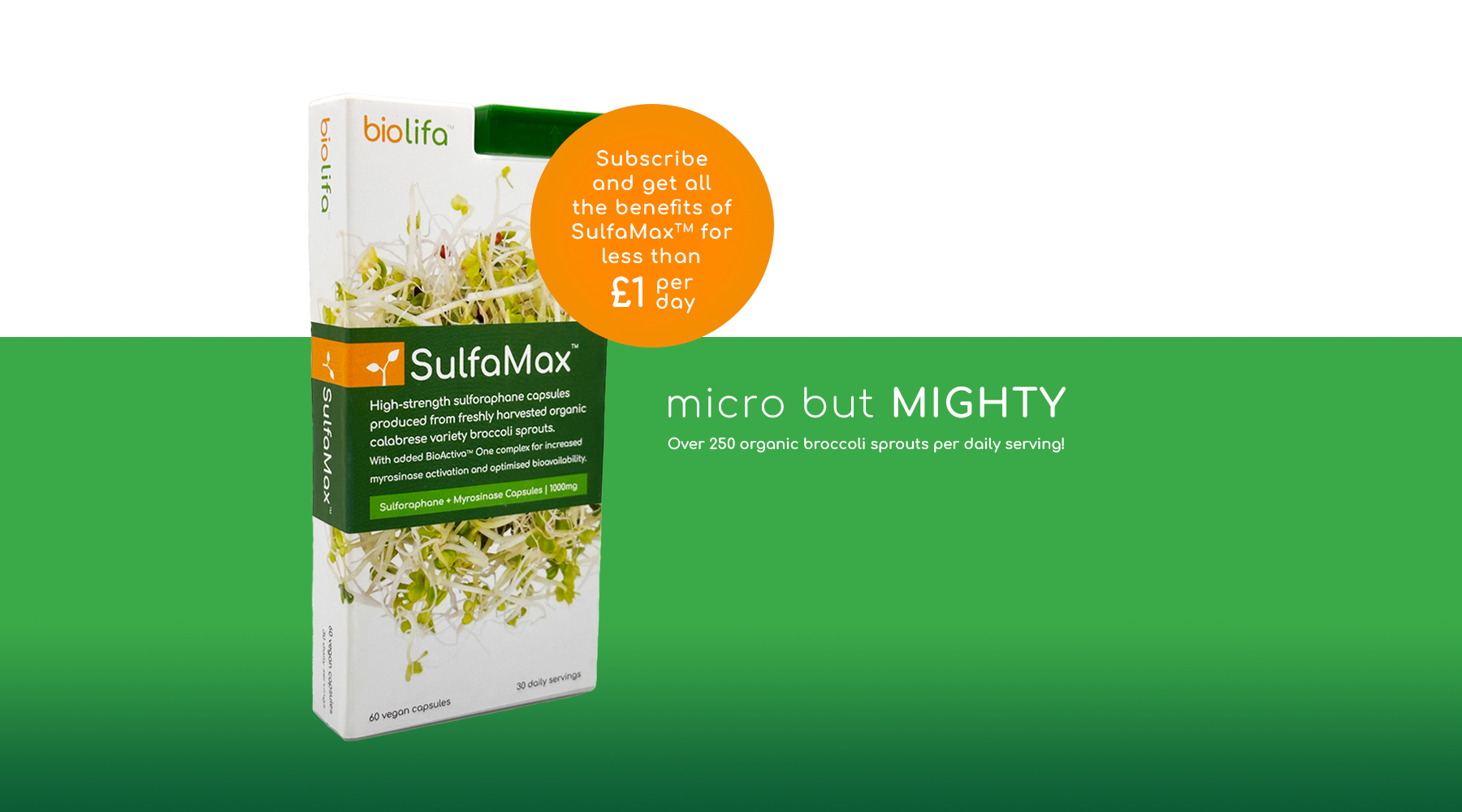Colon cancer, also known as colorectal cancer, is one of the most common types of cancer worldwide, accounting for over 1.8 million new cases and nearly 900,000 deaths in 2020. While there are many factors that can contribute to the development of colon cancer, including age, genetics, and lifestyle factors, researchers are increasingly interested in the role that diet and nutrition may play in the prevention and treatment of this disease.
One compound that has garnered a lot of attention in recent years for its potential anti-cancer properties is sulforaphane, a naturally occurring compound found in cruciferous vegetables like broccoli, cauliflower, and kale.
Sulforaphane is a member of the isothiocyanate family of compounds, which are produced when glucosinolates (sulfur-containing compounds found in cruciferous vegetables) are broken down by enzymes during digestion. Once absorbed into the bloodstream, sulforaphane has been shown to have a variety of potential health benefits, including anti-inflammatory, anti-diabetic, and anti-cancer properties.
One of the ways that sulforaphane may be able to fight colon cancer is by inhibiting the growth and proliferation of cancer cells. Studies have shown that sulforaphane can induce cell cycle arrest, meaning that it can halt the progression of cancer cells through the cell cycle and prevent them from dividing and multiplying uncontrollably. In addition, sulforaphane has been shown to induce apoptosis, or programmed cell death, in cancer cells. This is important because cancer cells are able to avoid apoptosis, which is one of the mechanisms that healthy cells use to prevent the growth and spread of damaged or abnormal cells.
Sulforaphane has also been shown to have anti-inflammatory properties, which could make it particularly effective in preventing and treating colon cancer. Chronic inflammation is a known risk factor for the development of many types of cancer, including colon cancer, and sulforaphane has been shown to reduce inflammation in both animal and human studies. In addition, sulforaphane has been shown to inhibit the production of cytokines, which are proteins that can promote inflammation and contribute to the development of cancer.
Another way that sulforaphane may be able to prevent colon cancer is by reducing oxidative stress in the body. Oxidative stress occurs when there is an imbalance between the production of reactive oxygen species (ROS) and the body's ability to neutralise them with antioxidants. When this balance is disrupted, ROS can damage DNA, proteins, and other cellular components, increasing the risk of cancer. Sulforaphane has been shown to increase the production of antioxidants in the body, helping to neutralise ROS and reduce oxidative stress.
In addition to its direct anti-cancer properties, sulforaphane may also be able to enhance the effectiveness of other cancer treatments, such as chemotherapy and radiation therapy. For example, studies have shown that sulforaphane can sensitise cancer cells to chemotherapy, making them more susceptible to the damaging effects of the treatment. This could potentially allow for lower doses of chemotherapy to be used, reducing the risk of side effects and improving treatment outcomes.
Despite these promising findings, more research is needed to fully understand the potential benefits of sulforaphane in the prevention and treatment of colon cancer. In particular, researchers need to investigate the optimal doses of sulforaphane and the most effective ways to deliver it to the body. Some studies have used sulforaphane supplements, while others have used concentrated broccoli sprout extracts, which may provide higher doses of sulforaphane than are typically found in dietary sources. However, it is not yet clear which approach is most effective, and more research is needed to determine the safety and efficacy of these interventions.
In conclusion, sulforaphane is a natural compound found in cruciferous vegetables like broccoli, cauliflower, and kale, that has shown promising potential in the prevention and treatment of colon cancer. Its ability to inhibit the growth and proliferation of cancer cells, induce apoptosis, reduce inflammation, and reduce oxidative stress all suggest that it could be an effective tool in the fight against this deadly disease. In addition, its ability to sensitise cancer cells to chemotherapy and radiation therapy could make it a valuable adjunct to traditional cancer treatments.
However, it is important to note that while sulforaphane shows promise, it is not a miracle cure for colon cancer. It should be viewed as one part of a comprehensive approach to cancer prevention and treatment, which includes a healthy diet, regular exercise, and regular screenings for early detection. It is also important to speak with a healthcare professional before making any significant changes to your diet or lifestyle.
Incorporating more cruciferous vegetables into your diet is a great way to increase your intake of sulforaphane. Broccoli, cauliflower, kale, and Brussels sprouts are all great sources of this compound. If you are not a fan of these vegetables, you may consider taking a sulforaphane supplement or concentrated broccoli sprout extract. However, as with any supplement, it is important to speak with a healthcare professional before starting to take it.
In conclusion, while more research is needed to fully understand the potential benefits of sulforaphane in the prevention and treatment of colon cancer, the existing evidence suggests that it is a promising tool in the fight against this disease. By incorporating more cruciferous vegetables into your diet or taking a supplement, you may be able to reduce your risk of developing colon cancer and enhance the effectiveness of traditional cancer treatments.
